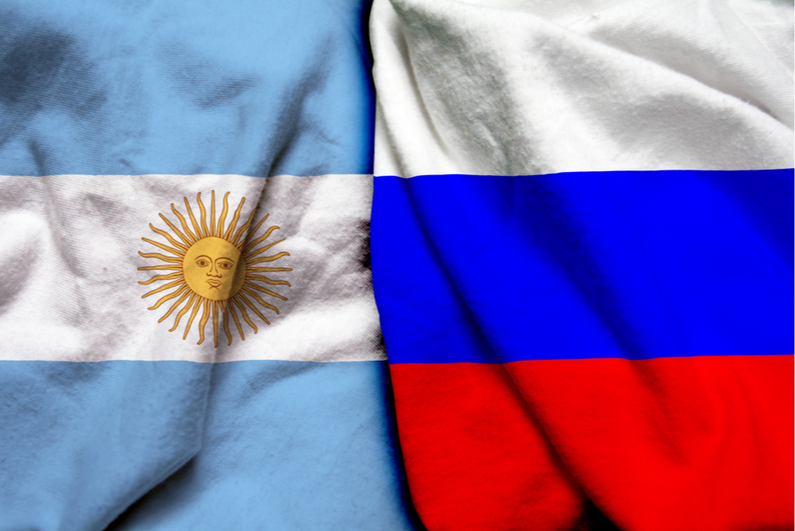Very different-looking government efforts
The end-of-year holiday season is typically a slow one in the gambling world, but New Year’s Eve saw changes in both Russia and Argentina which will have their effects felt later this year.
imposes steep fees on sports betting operators
In Russia, President Vladimir Putin signed legislation that may turn the country’s sports betting industry on its head. In an effort to consolidate regulation and fund the country’s sports leagues, the new law imposes steep fees on sports betting operators. Industry experts believe it will drive operators out of the country.
The story in Argentina is different, as action taken by the Instituto Provincial de Lotería y Casinos (IPLyC) of Buenos Aires will expand gambling in the country’s largest province. Last Wednesday, the IPLyC announced that it has granted online gambling licenses to seven companies, allowing them to offer an array of internet gaming products to people within the province’s borders.
Russia squeezing sports betting operators
The new Russia law eliminates two Self-Regulatory Organizations (SROs) that have previously provided oversight to the country’s sports betting industry. In their place will be a single Unified Gambling Regulator under the umbrella of Rosimushchestvo, the Federal Agency for State Property Management.
The two SROs also each ran separate payment processing services. These, too, will be phased out and replaced with one centralized payment processor, operated by a yet-to-be-named private company.
the government will take 1.5% of every wager
What looks to be a significant problem, however, is that the government will take 1.5% of every wager from the sports betting operators. That is the wager, not the gross profit from the wager. The new, private payment processor will be the one to take that tax, which is supposed to go to pay for Russian sports leagues.
Under the new regulations, Russian sportsbooks must pay at least RUB30m (US$405,600) per quarter to the country’s sports leagues. Industry insiders believe the tax scheme will either a) force sportsbooks to exit the Russian market, or b) pass the costs on to customers, who, in turn, will flee to other, international sportsbooks.
Online operators licensed in Buenos Aires
Down south in Argentina, a nearly two-year online gambling licensing process in the Buenos Aires province has culminated in the awarding of seven permits. At total of 19 companies applied for licenses, 14 of which were named finalists. The seven who made the cut last week were (in alphabetical order): 888 Holdings, Bet365, Betsson, Flutter Entertainment, Intralot, Playtech, and William Hill.
Each of the online gaming licensees had to partner with a local operator. That local operator is required to have at least 15% ownership in the business, while the online operator must have at least 75% ownership. The remainder is up to the partners.
The fees are fairly steep. There is a “single fixed charge” of US$770,000, of which licensees must pay US$310,000 up front right away. The government will also levy a tax of 5% of turnover, which like the tax in Russia, means 5% on all bets. Originally, the tax was 25% on gross gaming revenue, meaning the profit after winning bets are paid out.
